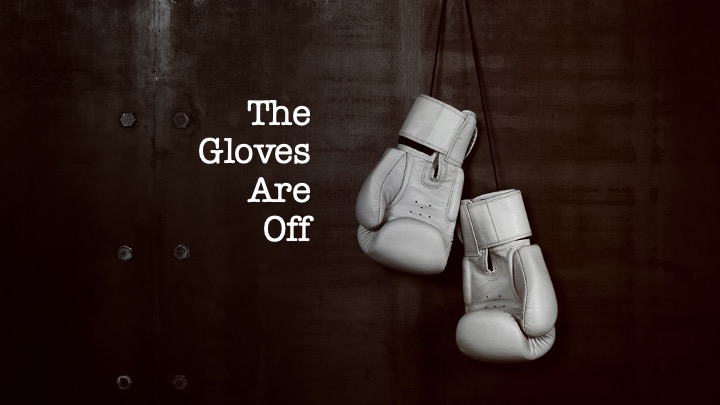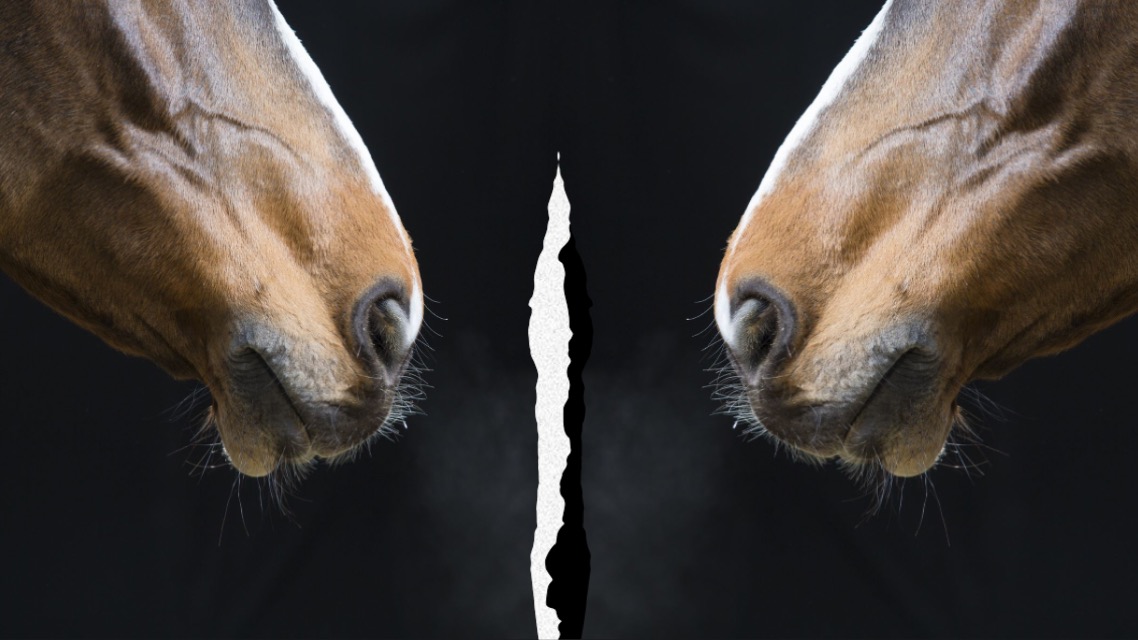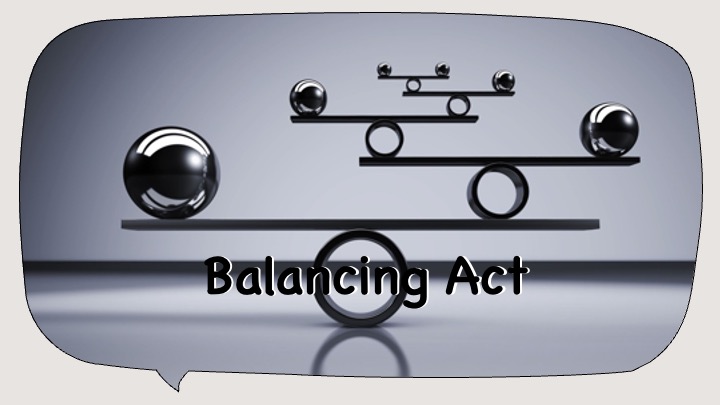An ill-advised international expedition has ground to a halt on Friday, with International Hockey Federation (FIH) Integrity Unit and International Olympic Committee (IOC) Ethics and Compliance Officer both swiftly but deciding to reject complaints by Indian Olympic Association (IOA) Vice-President Sudhanshu Mittal against IOA President Narinder Dhruv Batra.
In a bid to unseat Dr. Batra as FIH President, Mittal sought to show that Dr. Batra should have resigned as Hockey India President when he contested and won the FIH Presidential election. FIH Integrity Unit (FIU) Chairman Wayne Snell said it had decided not to take any action against Dr. Batra as the matter was not sustained.
“According to FIH Statutes at the time, there was no requirement for Dr. Batra to change his relationship with Hockey India after his election as FIH President in November 2016. He therefore committed no breach of the procedure or the FIH Statutes,” Snell said, clarifying that the first Indian to head an international federation in an Olympic sport would remain in position.
IOC Chief Ethics and Compliance Office Paquerette Girard Zappelli wrote back to Mittal that the issues he had referred to had been addressed and resolved prior to the elections by the IOA General Assembly in 2017. “The results were not challenged. Therefore, there is no reason for the IOC Ethics Commission to intervene; the matter is regarded as closed for the IOC,” Zappelli wrote.
It seemed Mittal launched two international battles without any ammunition. Surely, he would have been aware that FIH constitution let him retain his position as Hockey India chief when he was elected as FIH president in 2016. Similarly, Mittal would have known that the issues he raised before the International Olympic Committee had been addressed before the IOA election in 2017.
It begs the question if the whole idea of raking up the dust was only to find some space in the local newspapers. One can keep scratching one’s head but not find another plausible reason for Mittal’s decision to write to IOC and FIH. It is not as if Batra’s decision to rejig some IOA committees was the trigger for Mittal’s move of ringing the bell in the two international bodies.
Be that as it may, Batra now emerges from the international skirmish, brushing off the dust. Yet, the two votes of confidence he has received from the International Hockey Federation and the International Olympic Committee are but crucial milestones while the court battle that he has been dragged into at home remains to be heard to everyone’s satisfaction.
The petition, being heard by the Delhi High Court, has little to do with the allegations made to either FIH or IOC. It concerns a recent decision made by Batra to revamp the IOA Ethics Committee – of which Mittal was a part – along with several other such panels. Mittal has secured a stay of that decision
Batra’s critics contend that the IOA President is not empowered to make that decision on his own but would have to do it in consultation with the Secretary-General as decided by the general assembly. His argument is that he draws power from the Constitution and is not bound by the general assembly decision made with the outgoing president in chair.
Though the Delhi High Court has stayed Dr. Batra’s order in so far as the revamping of only the Ethics Commission goes, it will be interesting to see the Court’s stand on the Constitution-vs-General-Assembly issue. Expectedly, a different legal counsel empowered by IOA Secretary-General Rajeev Mehta backed Mittal’s contention.
As veteran journalist KP Mohan says, the expectation is that while the General Assembly is supreme, it has to act in keeping with the Constitution. That any decision of the General Assembly which is not in accordance with the laid down statues will have to take the backseat to the Constitution.
Hopefully, a time will come when the Indian Olympic Association will give credence to National Federations of Olympic Sport and not pack itself with a number of Vice Presidents, Joint Secretaries and Executive Committee members to please the entire voting fraternity. Part of IOA’s problem has been its propensity to please officials from non-Olympic sport.
For years, it has carried State Olympic Committees along, finally reducing their weightage by granting them two votes against the three that each National Sports Federation has. It must convince itself that NSFs of non-Olympic sport should not have the same rights as NSFs of Olympic sport. Perhaps they should be classified as Associate Members with no voting rights.



